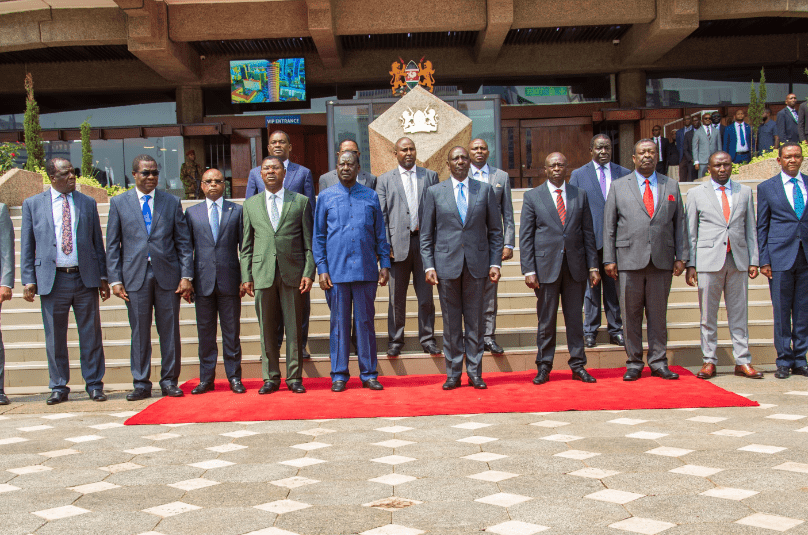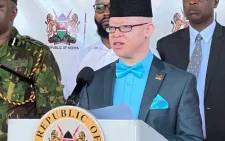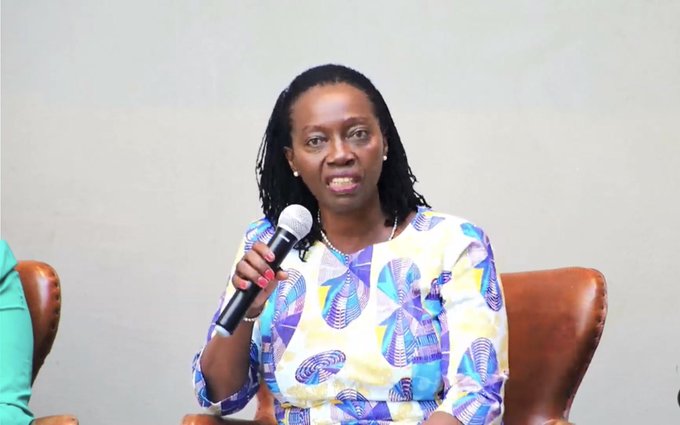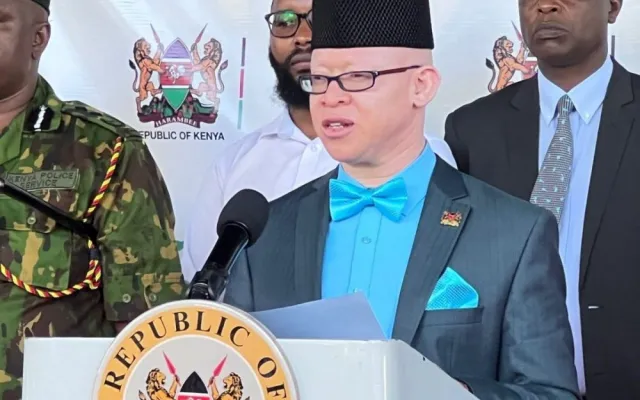In selecting members of his next Cabinet, President William Ruto will do well to accommodate different shades of opinions and competencies.
Part of the criticism he has faced about the crop that he kicked out of office last week was that they were too pliant and, to a large extent, took advice from the President rather than gave it to him.
It is, therefore, imperative that the President selects high-calibre individuals who will put the interests of the country at the fore of all their decisions and actions. It is important to remedy the historical challenges associated with Cabinet secretaries seeking office to line their pockets and award tenders to their robber baron acolytes.
The last Cabinet was particularly notorious for its show of consumerism and epitomised the show-off culture that Bruce Hood describes so aptly in his book Possessed. In it, Bruce says that at some point in the history of Britain, the rich and powerful displayed their opulence by wearing imported clothes and furnishing their homes with imported accessories. They also made it illegal for the masses to import such goods so as to distinguish the powerful from the common folk.
This culture, coming against the backdrop of a sharp increase in poverty levels in the two years of the COVID-19 pandemic and another year of inclement weather, flew in the face of decency. It also came at a time when government honchos were preaching the gospel of austerity but not living it.
This made the government and its top officers to be seen to be speaking from both sides of their mouths. It was going to be difficult for them to gain public acceptance and this explains why they were getting grades D and C in recent public opinions published by Infotrak. In the end, they had to leave under a cloud of ignominy.
The next Cabinet, to win broad-based support, must eschew the ostentatious consumerism that has consumed the outgoing team.
More importantly, the new Cabinet must be psychographic, not demographic. It ought to represent a moral attitude and a way of thinking and not just reflect the face of Kenya, which is the bare minimum that we had hitherto set.
What this means is that the new Cabinet should not only take into account political and regional representation. After all, what is needed is not a government of national unity. Rather it is a government of national transformation and it is important that the President be aware of this pitfall and avoid it if he is to wiggle himself out of the current political crisis.
The danger we face as a nation is that if we end up with a Cabinet that just represents the face of Kenya, we risk disenfranchising important psychographics and this will neither heal the wounds we are seeking to stanch nor deliver the results that Gen Z demonstrators have been demanding.
Finally, no demographic should impose its will or candidate(s) for CS positions on the rest of the citizenry. All must go through the rigours of vetting to establish if they are fit for purpose. Democracy, by its nature, demands hard work. It offers no silver bullets for the collective challenges we face as a country. As such, no single demographic should dictate its solutions in a constitutional dispensation that calls for a give-and-take culture.
And while we are at it, the President should also consider fully complying with the two-thirds gender representation principle when making his choices. The last Cabinet fell short of this constitutional requirement and there is a need to right this wrong. This is also where he has an opportunity to nominate young women, including Gen Z representatives.
— The writer is the Editor-in-Chief of the Nairobi Law Monthly and Nairobi Business Monthly-




















